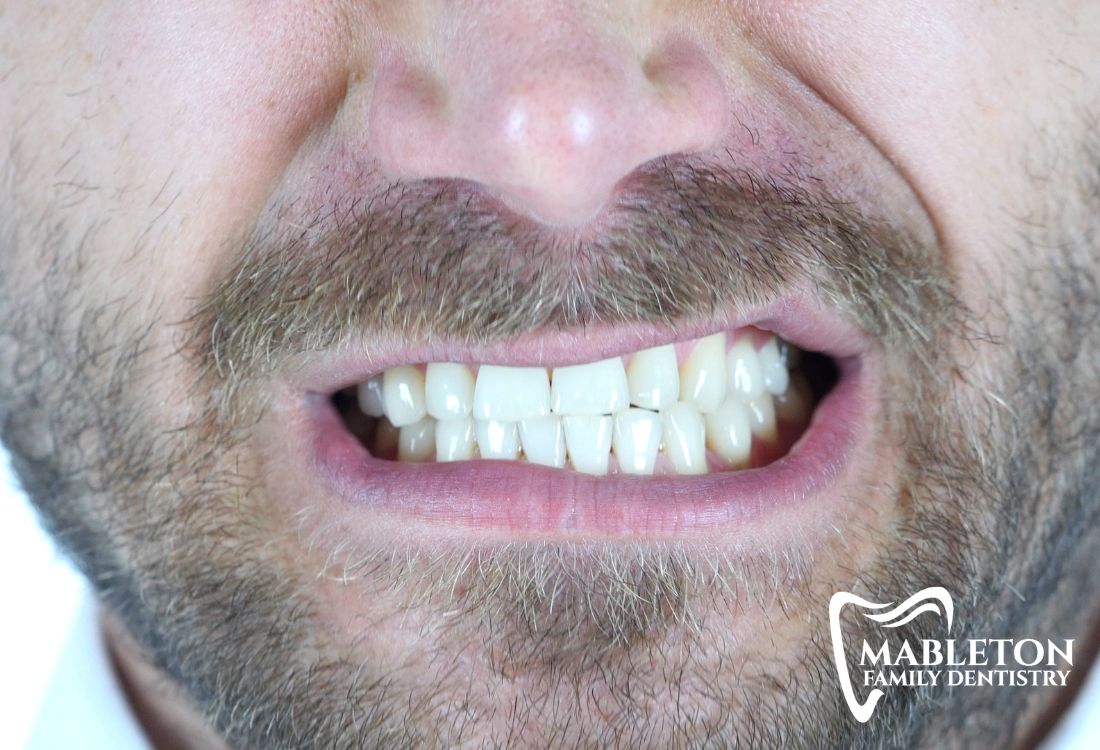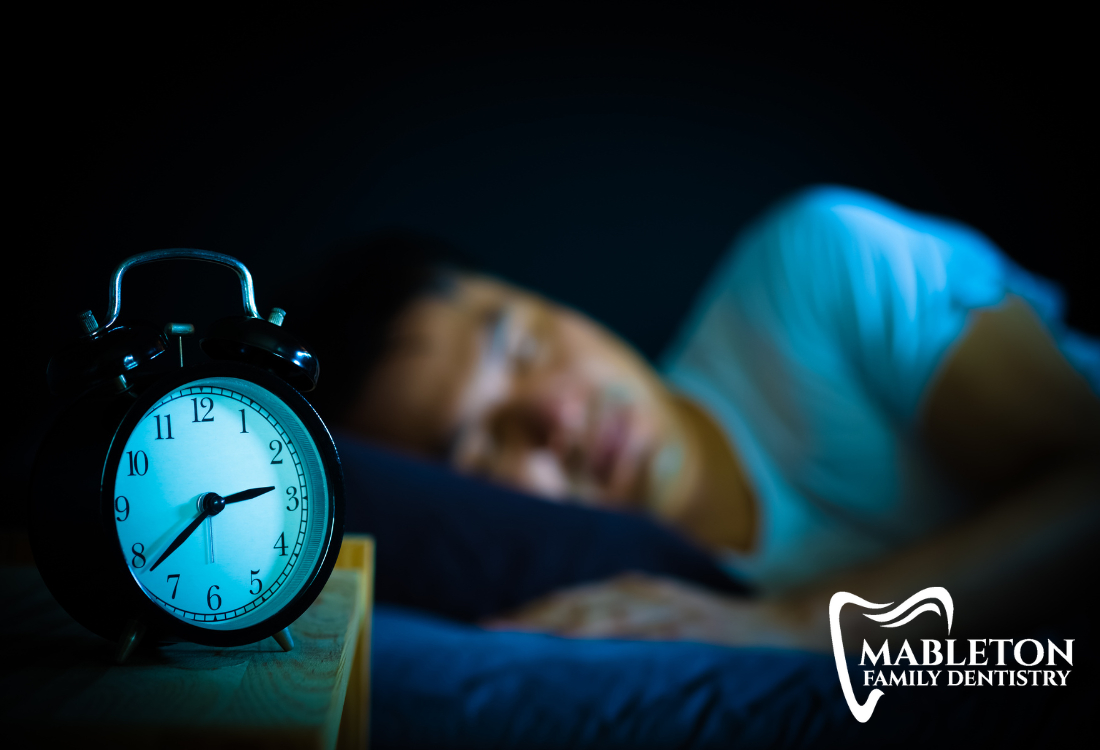Teeth Grinding: What You Should Know
What You Should Know About Teeth Grinding
Have you ever woken up with a sore jaw or a headache? Or maybe your partner has complained about the sound of your teeth grinding at night. If so, you might be grinding your teeth, also known as bruxism. Teeth grinding can cause a range of dental issues, including tooth sensitivity, cracked or chipped teeth, and even jaw pain. This blog post will discuss everything you need to know about teeth grinding, including the causes, symptoms, and treatments.
Causes of Teeth Grinding
Teeth grinding can be caused by several factors such as anxiety, stress, or sleep disorders. Often, it can be difficult for people to identify the cause of their grinding as it happens while they are asleep. People with an abnormal bite or crooked teeth can also grind their teeth. Additionally, grinding can occur due to side effects from medication.
Symptoms of Teeth Grinding
The most common symptoms of teeth grinding include jaw pain, excessive tooth wear, headache, earache, and facial pain. Some people with bruxism may also experience restless sleep and difficulty opening the mouth. If you suspect you are grinding your teeth, it is essential to visit a dentist near you.
Treatment Options
Dentists can create a custom mouthguard to protect your teeth from grinding. The mouthguard is a custom-fit device that is placed over your teeth while you sleep. It effectively reduces the pressure on your teeth and helps minimize the effects of grinding. Additionally, stress-reducing exercises, physical therapy, and cutting down on caffeine and alcohol can also help reduce grinding. Dentists can also correct the bite of the teeth by moving the teeth to the correct position using Invisalign or traditional braces.
Preventative Measures
It is essential to practice good oral hygiene and maintain regular dental checkups to prevent teeth grinding. Avoiding caffeine, alcohol, and tobacco also helps to reduce the risk of bruxism. Additionally, limiting stress and finding ways to manage your anxiety can make a significant difference. Physical activity or exercise helps to release tension and anxiety, reducing the chances of teeth grinding.
Grinding your teeth isn’t just uncomfortable, but it can also lead to long-lasting dental problems. However, it is preventable and treatable. If you suspect you suffer from bruxism, visit Dr. Mit at Mableton Family Dentistry to explore your treatment options. By taking preventative measures such as practicing good oral hygiene and stress management, you can significantly reduce the risks of teeth grinding.


